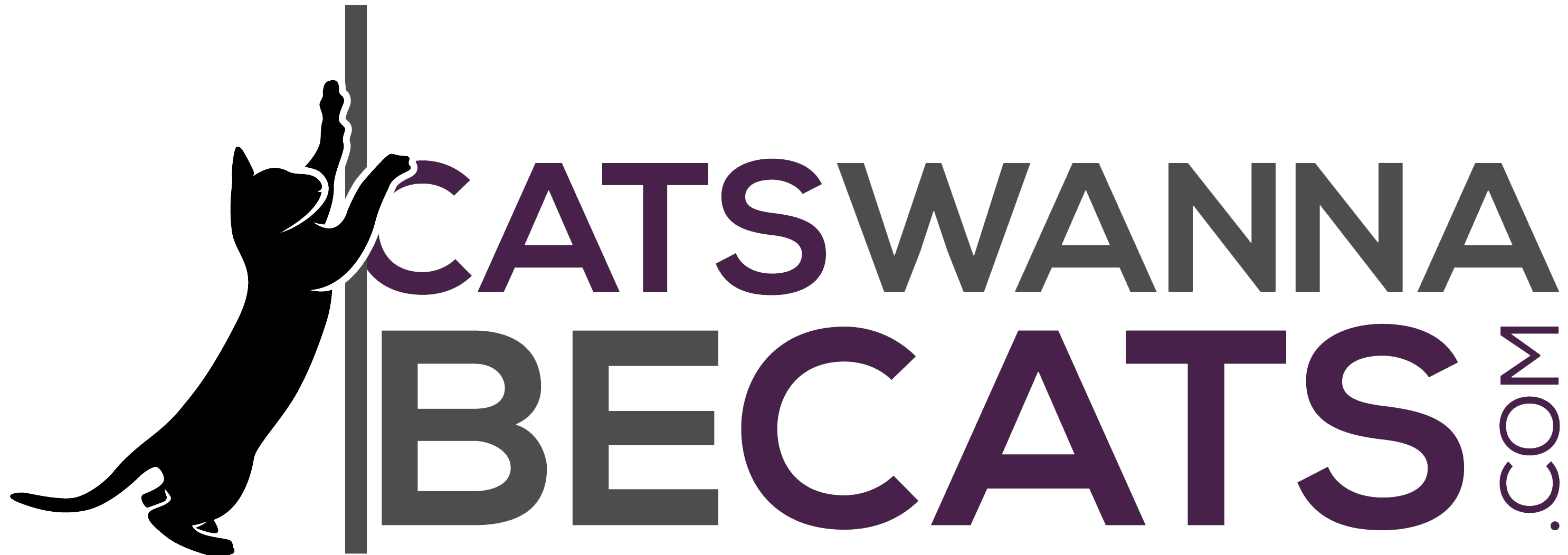-
Mann Mason posted an update 8 months, 3 weeks ago
When it comes to safeguarding your business, selecting the right corporate security firm is essential. In an increasingly complex world, dangers to organizational safety can come from various directions, making it vital for companies to allocate resources in reliable protection. But how do you choose a security provider that not only meets your specific needs but also differentiates itself in a crowded market? Understanding the key traits and critical factors to assess can be the difference between a safe workplace and one that is susceptible to risks.
In this manual, we will explore the top qualities to look for when engaging corporate security services, as well as the critical questions to ask potential providers. From assessing their experience and credentials to ensuring effective communication and technological competence, we will lay out a comprehensive checklist to help you find the right security partner. Let’s unlock the secrets to a more secure business environment by diving into the essential considerations for selecting corporate security.
Essential Factors for Evaluating a Corporate Security Firm
When reviewing prospective security providers, it is essential to focus on their expertise and reputation in the field. Search for firms with a demonstrated history in delivering security services for companies similar to yours, as this suggests that they are acquainted with the specific issues and threats you may face. Checking client testimonials and reviews can offer useful insights into their reliability and effectiveness. If feasible, request case studies that illustrate how the firm effectively managed security concerns for their clients.
Another important criterion to consider is the variety of services offered by the firm. A holistic security provider should not just offer personnel but also incorporate technology and emergency response planning into their solutions. This holistic approach ensures that your security requirements are satisfied through multiple strategies, from on-site protection to cyber protection. Reviewing the firm’s competence in threat evaluation and crisis management can help you determine if they are prepared to tackle unexpected challenges.
Finally, communication and client support play a significant role in the effectiveness of a corporate security partnership. A good security firm should prioritize clear communication, making sure you are kept informed about security strategies and any incidents that occur. Their willingness to customize their services based on your specific business needs is also an sign that they value your partnership. Establishing a reliable line of communication can enhance the security measures implemented and aid foster a trusting relationship between your business and the security provider.
Essential Questions to Ask During Choosing A Security Firm
While looking into a commercial security firm, it’s essential to ask about their experience and specialization in the unique security needs of your field. Ask about their previous clients and kinds of locations they have secured. Workplace employee violence will aid you assess their understanding of particular risks that pertain to your business. A firm that has worked with a diverse fields may provide a wider range of understanding and versatility to your security concerns.
Next, concentrate on the provider’s approach to security tools and how they incorporate it into their offerings. Ask what types of security systems, alarm setups, and communication systems they employ. Technology plays a vital role in modern security, and grasping how a potential company leverages these tools can give you confidence in their skills. Be sure to evaluate whether they are up to date with the newest advancements in security technology, as this can significantly influence their efficacy.
To wrap up, examine their training protocols and staff administration. Inquire about the background checks they carry out on their security staff and the ongoing training programs they provide. A security team that is properly trained and continuously updated on the best practices will better safeguard your assets. Request details on how they manage incidents and guarantee liability within their ranks, as this can be representative of their general reliability and reliability.
Typical Mistakes to Avoid in Organizational Security Hiring
One of the most significant mistakes businesses make when hiring business security is failing to thoroughly vet prospective providers. Corporate security includes failing to check their credentials, experience, and past performance. Without sufficient due diligence, companies might find themselves choosing a firm that lacks the necessary expertise or has a poor track record. Active shooter training is crucial to ask for references, confirm certifications, and check client testimonials to guarantee you are selecting a trustworthy partner.
Another frequent error is ignoring the importance of effective communication and alignment with the security team. Many companies may focus solely on the cost or the size of the firm rather than how well the security team comprehends their specific needs. A mismatch in communication methods can lead to misunderstandings and insufficient protection. It is essential to connect with potential security firms early on and evaluate their responsiveness and capacity to modify their services to fit with your corporate objectives.
Lastly, some companies make the mistake of underestimating the role of technology in organizational security. In the current environment, effective security solutions often require sophisticated technology and systems integration. Companies should avoid hiring providers that do not demonstrate a clear grasp of current security technology or lack the ability to apply and manage these tools effectively. Evaluating a firm’s tech capabilities can be a deciding factor in ensuring comprehensive and proactive security measures for your organization.
